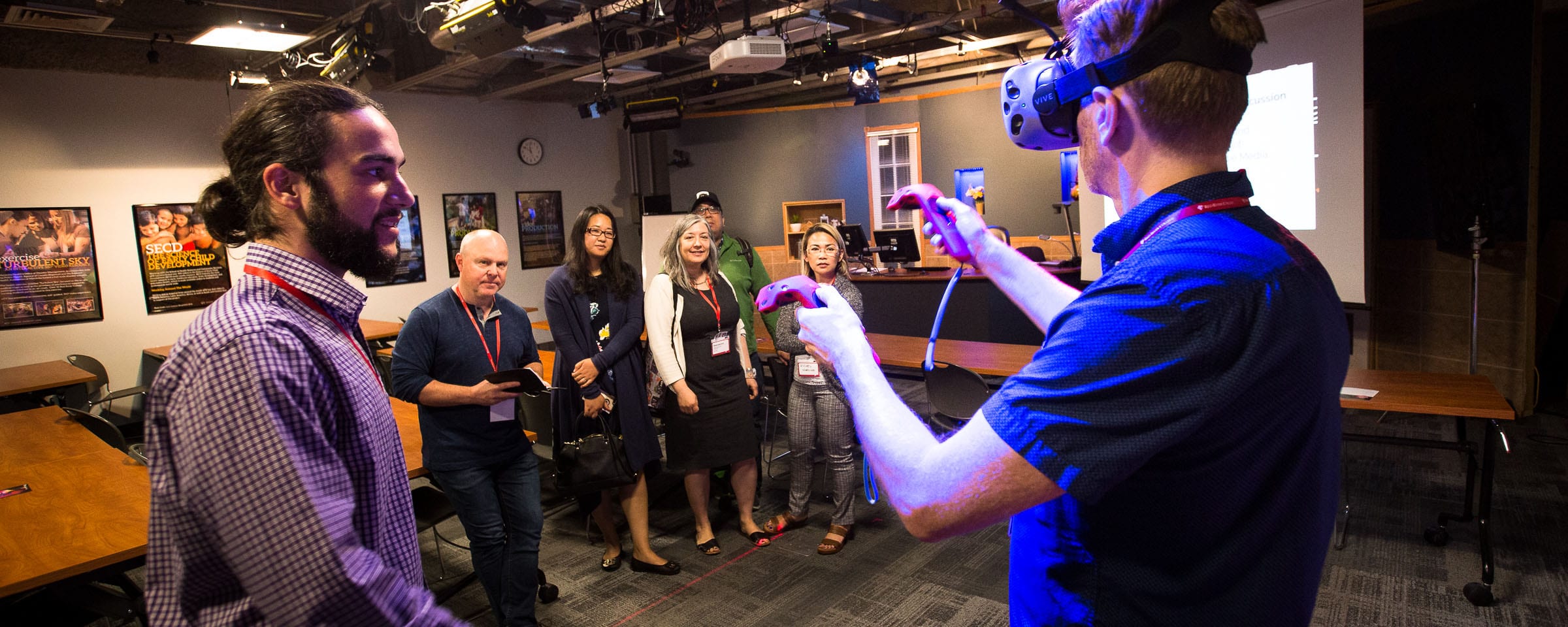Lynda.com Review: Conflict Resolution Foundations with Lisa Gates
Lynda.com Review: Conflict Resolution Foundations with Lisa Gates
I grew up in a family that expressed great love and equally great conflict. I remember laying in bed listening to my parents argue late into the night (usually in hushed tones, but not always). Similarly, my younger brother has turned every conversation into a jousting match. Perhaps then, it is not surprising that I learned early on to avoid conflict, to stay quiet, to be the good girl. I never felt physically unsafe, but the verbal sparring was often a source of anxiety.
As I got older and moved through my career (and a divorce), I learned that conflict is a natural and necessary part of the human condition. I also learned to lean into conflict and developed healthy tools to navigate differences of opinion, values, agendas and perspectives.
Because of my own history, this Lynda.com course was an unexpectedly profound learning experience. The instructor, Lisa Gates (one of the best instructors I’ve seen on Lynda, by the way), starts the course by suggesting that the way we respond to conflict is based on our upbringing. Her main theme is: “Work on yourself first” along with the mantra: “It is never about the other person. Never. Even when it is.”
It is so easy to blame others for conflict. However, in order to find resolution, we need to understand our default responses to conflict and recognize the stories we create in our minds about the situation. Then, we need to test our own assumptions and ask questions to open the space for other perspectives. Winnie the Pooh (one of my favourite modern philosophers) nicely sums up the importance of this practice:
“When you are a Bear of Very Little Brain, and you Think of Things, you find sometimes that a Thing which seemed very Thingish inside you is quite different when it gets out into the open and has other people looking at it.” (A.A. Milne, The House At Pooh Corner, 1928).
This course illustrates the importance of seeking different perspectives through a simulated conversation between a senior engineer (Gina) and her manager (William). The scenario introduces several conflict resolution strategies, including opening the conversation (often the hardest part), reframing with tactical empathy, and engaging the other person in finding the solution. The conversation between Gina and William is very realistic (it even made me uncomfortable at times) and illustrated the use of these strategies towards a successful outcome.
This course was a surprise for me. I was not expecting its insistence on self-awareness as a core theme, and I did not expect to learn techniques that were immediately applicable. Instead, I found the learning both humbling and impactful. In fact, the techniques introduced in the course changed the way I approached recent conversations, including one with my Dad last week that went remarkably well. I was also reminded yet again that my responses to conflict can be different from the ones I learned as a child and, for that, I am deeply grateful.
I encourage you to watch this course and would love to hear what you thought of it too – email me directly at cewatson@rrc.ca.
